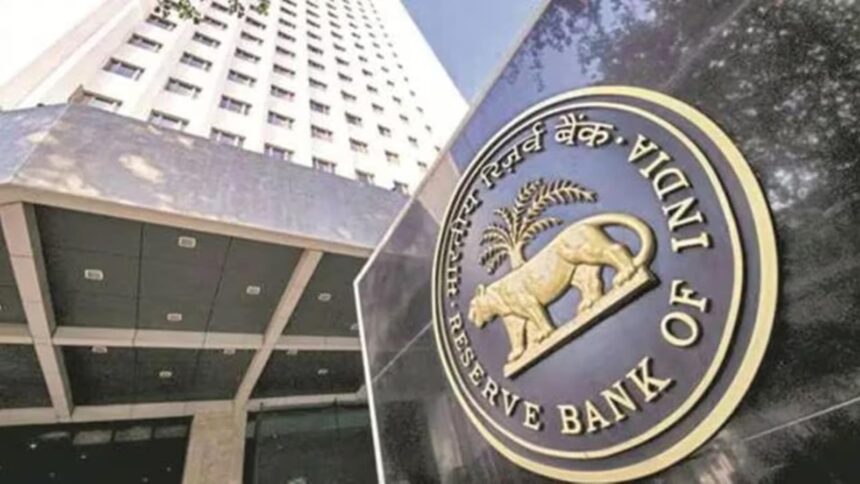Despite strong global headwinds emanating from trade tensions, India’s domestic growth engines — consumption and investment — remain less vulnerable, a Reserve Bank of India’s (RBI) article said.
The article said a calibrated policy support can help India turn global volatility into an opportunity.
“Although the weakening of global economic outlook could impact overall growth through weaker external demand, India’s domestic growth engines, viz., consumption and investment, are relatively less susceptible to external headwinds,” the ‘State of the Economy’ article published in the RBI’s April bulletin said.
The country’s strength to withstand global headwinds stem from its robust growth fostered by a strong macroeconomic framework and moderating , with strong domestic engines of growth, it said.
India also has a low external vulnerability as reflected in its of 19 per cent and substantial forex reserves (close to 11 months of import cover), the article said.
“India’s position as the fastest growing major economy, coupled with macroeconomic stability, makes it a preferable investment destination in a world characterised by growth slowdown and macro vulnerabilities,” the article said.
Additionally, a stable financial sector provides the backbone for sustainable growth, as the Indian financial system has become more robust and diverse, including banks and NBFCs being resilient to macrofinancial shocks.
The article has been prepared by the central bank’s officials. The RBI said the views published in the article are of the authors and not of the institution. “Going forward, India is poised to benefit from supply chain realignments, diversified FDI sources, and engagement with global investors seeking resilience and scale, given its already established trade linkages,” the article said.
Moreover, the country’s consistent strength in services exports and remittance inflows continues to provide a vital buffer for the current account, it said.
“Calibrated policy support can help India turn global volatility into an opportunity and strengthen its position in the emerging world economic landscape,” it said.
The article further said that the agricultural sector in India is poised to sustain its momentum, supported by bumper kharif and rabi harvest and higher summer sowing amidst comfortable reservoir position.
The consumer price index (CPI) moderated to a 67-month low of 3.3 per cent in March, mainly due to a moderation in food prices. “Risks emanating from the rise in temperature above normal levels and likelihood of heatwaves in the current summer season (April – June), however, need to be monitored,” the article stated. Industrial and services activity continue to remain resilient.
The article said that results of the survey conducted among representatives from industry associations, including several industry bodies, credit rating agencies, and banks reveal optimism in economic activity supported by moderating inflation, sustained upswing in rural consumption and recovery in urban consumption. “Global uncertainties, however, act as downside risks to this outlook,” it added.








